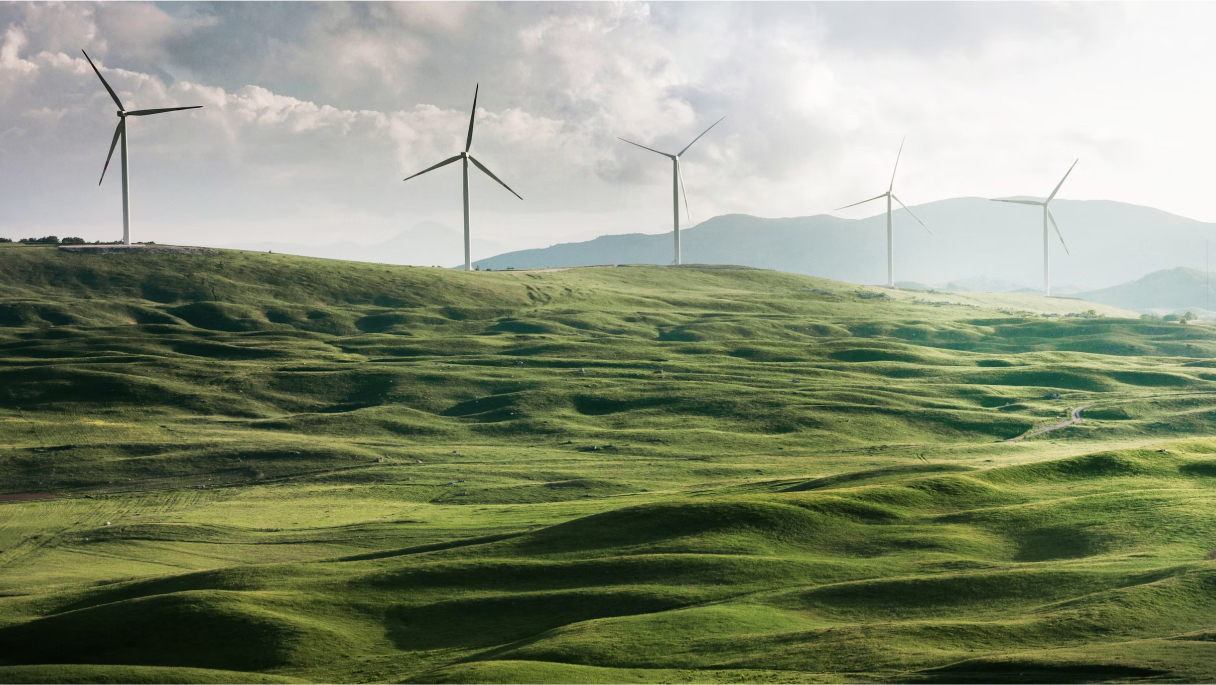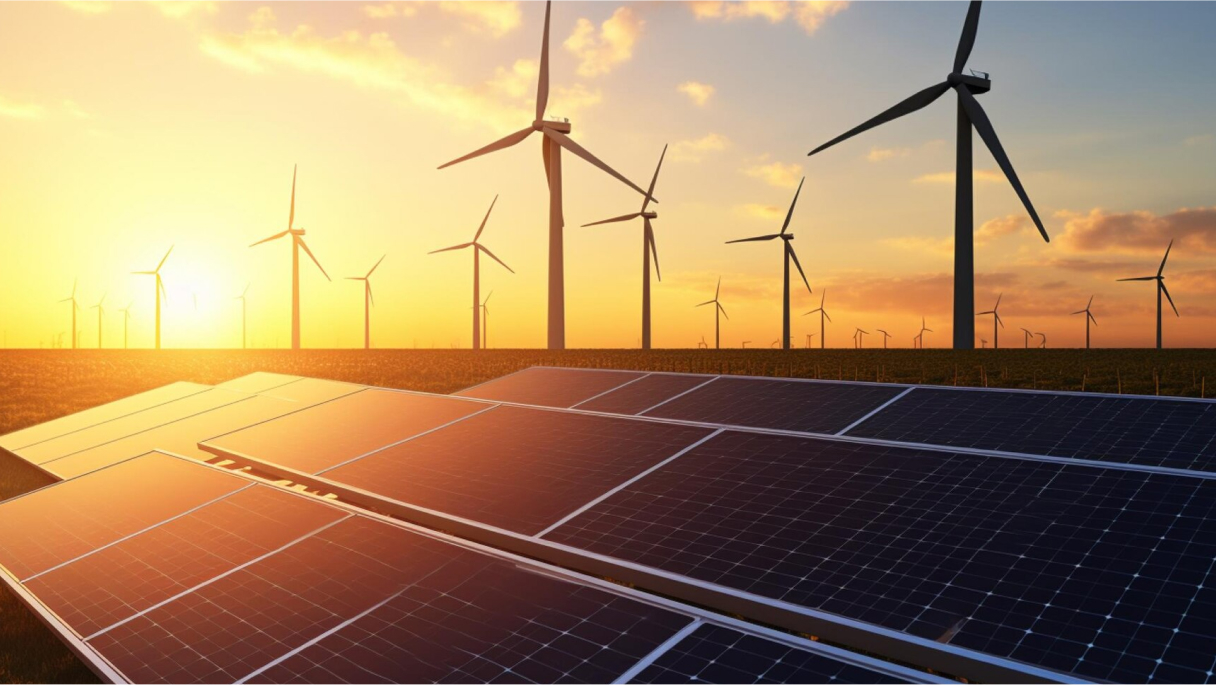Through the Environment Committee, the Federal Senate introduced Bill No. 1878/2022, which aims to create a policy for regulating the “production and use of Green Hydrogen for energy purposes.” The direct purpose of this article is to provide brief insights into the main articles and regulations covered by the referred bill. A preliminary analysis is presented here, aiming to offer more than just potential dogmas and definitions outlined in the bill; it seeks to provoke initial reflections for the reader.
Providing a general overview of Bill No. 1878/2022, it is observed that it is divided into nine chapters: i. preliminary provisions; ii. technical definitions; iii. fundamentals and principles of the production and use of green hydrogen; iv. regulation and oversight of the green hydrogen sector; v. green hydrogen production; vi. special procedures for issuing production licenses for green hydrogen; vii. use of water for green hydrogen production; viii. incentives for the development of the green hydrogen sector; ix. general provisions.
The opening chapter of the bill clearly states, as is typical in regulations of this nature, that the objective of the future law is to establish “guidelines aiming at the standardization of the production and use of Green Hydrogen for energy purposes.” Beyond mere incentives, the first part of Bill No. 1878/2022 also points out that the regulation will establish “institutional duties associated with this energy source” “within the scope of the National Energy Policy” (Article 1 of the Bill).
Among the concepts addressed in the second chapter of the bill under analysis is the definition of what the law will refer to as green hydrogen, which is “hydrogen that remains in the gaseous state under normal temperature and pressure conditions, produced from the electrolysis of water, using electricity generated from renewable energy sources, with no direct carbon dioxide emissions into the atmosphere during its production cycle.” Electrolysis of water is defined as the “process of decomposing water into oxygen and hydrogen through the passage of an electric current through the water” (Sections II and III of Article 2 of the Bill).
In contrast, through the Commission on Mines and Energy, on June 21, 2023, Bill No. 2308/2023 was introduced, which aims to “define the legal definition of fuel hydrogen and green hydrogen,” inserting these concepts and regulatory frameworks into Law No. 9.478/1997, the well-known “Petroleum Law.” This bill offers a slightly different definition of green hydrogen compared to Bill No. 1878/2022— a discrepancy that will need to be resolved by legislative bodies before both bills move from drafts to enacted laws. Bill No. 2308/2023 amends Article 6 of the Petroleum Law to define green hydrogen as “fuel hydrogen obtained from any processes or technological routes using renewable energy sources, such as water electrolysis, biomass gasification, biogas or biomethane reforming, glycerol reforming as a co-product of biodiesel production, ethanol reforming, solar photolysis of water, among other processes outlined in regulations.”
Furthermore, if Bill No. 2308/2023 is passed, the Petroleum Law will also define “fuel hydrogen” as “hydrogen used as fuel in fuel cell systems, engines, or other combustion processes, for purposes of transportation, heating, electricity generation, and industrial applications, among others outlined in regulations.” Notably, this is currently the sole purpose of Bill No. 2308/2023: to include in the Petroleum Law the legal definitions of green hydrogen, fuel hydrogen, and fuel cell systems. It is expected that the two bills will eventually align with each other, preventing the promulgation of laws that, from their inception, were essentially siblings— but fraternal twins with very different personalities.
Moving forward, as expected, Bill No. 1878/2022 outlines in Article 3 what is commonly included in most Brazilian laws, but which in practice generates little or no effect in the real world: fundamental principles. These are essentially undefined legal concepts such as: national interest, public utility, energy security, protection and defense of the environment, responsibility for the impacts and externalities arising from the production and use of green hydrogen, and the economic use of natural resources. These principles are expected to serve as foundations for the exploration and development of green hydrogen production, transportation, and storage— as intended by the legislator.
From Chapter 4 of the bill onward, more regulatory details and responsibilities are found regarding the “oversight of the green hydrogen sector.” By amending Article 7 of Law No. 9.478/1997, Bill No. 1878/2022 assigns the role of regulating green hydrogen to the National Petroleum Agency (ANP), which will be renamed the “National Agency for Petroleum, Natural Gas, Biofuels, and Green Hydrogen.”
More specifically, through the bill under analysis, Article 8 of Law No. 9.478/1997 will stipulate that the ANP (National Petroleum Agency) will be responsible for “promoting the regulation, contracting, and oversight of the economic activities within the petroleum, natural gas, biofuels, and green hydrogen industries.” Among its duties related to green hydrogen, it includes: i) implementing the national policy for green hydrogen; ii) directly overseeing or, through state agencies, monitoring activities related to it; iii) applying administrative and financial sanctions as prescribed by law, regulations, or contracts; iv) organizing and maintaining a repository of technical data and information regarding green hydrogen, as well as upholding good practices for environmental preservation; v) specifying the quality of its derivatives; and vi) specifically regulating, authorizing, and overseeing activities in the green hydrogen chain, including “production, importation, exportation, storage, stocking, standards for use, and injection at delivery or exit points.”
Without exaggeration, the ANP will essentially be responsible for everything related to green hydrogen— from its specific regulation and the application of administrative and financial sanctions to oversight of activities and anything else that might arise from the extensive potential regulations included in Bill No. 1878/2022. But if it is up to the ANP to regulate, contract, and oversee green hydrogen, who will be responsible for its production?
Well, Article 6 of Bill No. 1878/2022 is clear in stating that “any company or consortium of companies incorporated under Brazilian law with headquarters and administration in Brazil may obtain a license from the ANP to engage in the economic activities of green hydrogen production.” Additionally, Paragraph 1 of the cited article records that the purpose of the license is “to allow the exploration of economic activities under the regime of free enterprise and open competition.”
As a condition for obtaining the green hydrogen production license— which will be issued by the ANP within a timeframe to be established by regulation— the bill sets forth certain requirements, which may be further refined by the regulatory body: i) “being incorporated under Brazilian law, with headquarters and administration in Brazil”; ii) “being in good standing with federal, state, and municipal tax authorities, as well as demonstrating compliance with debts owed to the ANP”; iii) “submitting a basic project for the installation, in accordance with applicable norms and technical standards for the activity”; iv) “submitting an environmental license or another document that substitutes it, issued by the competent environmental agency”; v) “submitting a safety control project for the facilities approved by the competent authority”; vi) “having fully subscribed capital or presenting other sources of financing sufficient for the undertaking”; vii) “the issuance of a DIP (Preliminary Environmental License) by the Brazilian Institute of the Environment and Renewable Natural Resources (IBAMA)” (Articles 6 and 7 of the Bill).
Among other provisions, Bill No. 1878/2022 also stipulates that “the green hydrogen production unit that produces or markets electricity must comply with the norms and regulations established by the National Electric Energy Agency (ANEEL) and other competent bodies and entities.” As expected, the following provision in the bill amends Article 3 of Law No. 9.427/1996, assigning ANEEL the additional responsibility to “regulate the generation of electricity from green hydrogen, observing the limits of action set by the National Energy Policy Council (CNPE).”
In Chapter VII of Bill No. 1878/2022, it is stipulated that “the granting of water resources for use in the implementation of green hydrogen generation projects will observe the specific water law and the regulations of the National Water and Basic Sanitation Agency (ANA).” Furthermore, Article 11 of the bill stipulates that the authorized agent using water resources for green hydrogen production must: i) “adopt necessary measures to ensure the economic use of water resources in the green hydrogen production process, the safety of people and installations, and the protection of the environment”; ii) “immediately inform the ANP, ANEEL, and ANA of relevant facts related to the institutional objectives of these agencies”; and iii) “be held civilly responsible for the actions of their representatives and compensate for any damage arising from their activities, reimbursing the Union for any costs it incurs due to potential legal claims arising from the actions of the authorized agents.”
Regarding incentives for the development of the “green hydrogen sector,” Bill No. 1878/2022, in Article 12, states that “for a period of 10 years from the publication of this law, the Executive Branch will provide incentives for Research, Development, and Innovation (R&D&I) to the green hydrogen sector, through the offering of credit lines for R&D&I by entities of the Administration classified as AFOF.” Additionally, as a condition for licensing projects and accessing government-subsidized credit, the bill requires a “commitment from the licensee regarding the training and qualification of the workers involved in the undertaking.”
Lastly, and of considerable importance, the general provisions of Bill No. 1878/2022 specify that “all licensing acts for green hydrogen production projects must detail” issues related to: i) “project management and planning”; ii) how the “infrastructure removal related to the project will be carried out”; iii) “post-decommissioning processes, such as the disposal of removed elements, site recovery, and monitoring”; iv) the phases of the project and the respective clauses on decommissioning.
From the mapping carried out here, it becomes clear that there is still much to be done to achieve effective regulation of green hydrogen and its respective production in Brazil. Notably, there is still no consensus on the very concept of green hydrogen among legislative bodies. Despite the setbacks, there is a noticeable intensification in the legislator’s concern to regulate the topic and establish a regulatory framework. Without making value judgments, at least for now, there is hope for greater openness in addressing the subject and the pursuit of technicality in its regulation capable of reducing the information and conceptual asymmetry that currently exists within the energy sector.


